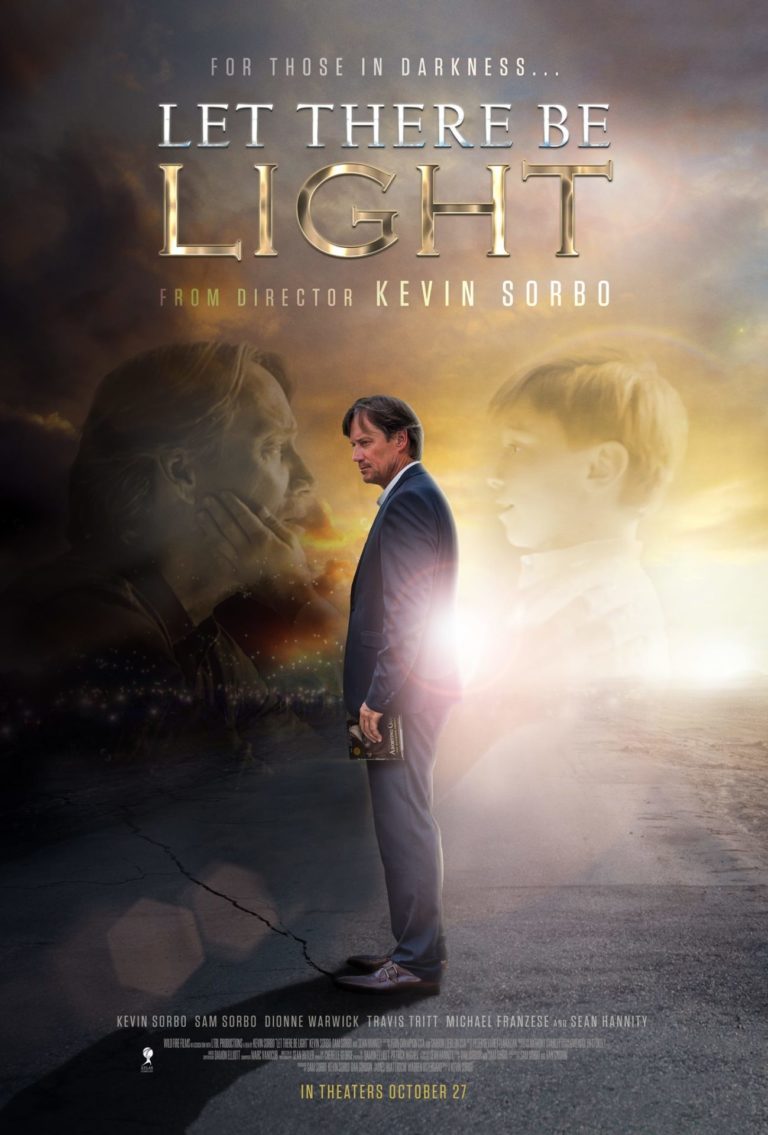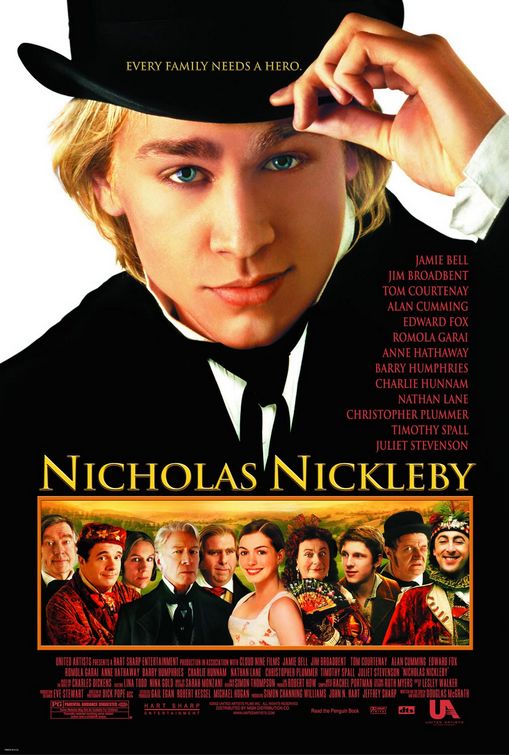
Video Game Historians Suffer Massive Setback
By Movieguide® Contributor
In a massive blow to those hoping to study classic video games, the U.S. Copyright Office decided older video games are not allowed to be distributed remotely by libraries, heavily limiting researchers’ access.
Many other forms of media are currently allowed to be lent out by libraries virtually, enabling users to access the content from their own homes, saving them time and money. This method has allowed historians to study numerous forms of media without having to travel all over the country to do so.
Video game historians hoped to open their field up to this same privilege, allowing libraries to virtually lend out the games they have in their collections. Unfortunately, a new ruling by the U.S. Copyright Office has barred this from happening.
“The Register concludes that proponents did not show that […] permitting off-premises access to video games are likely to be noninfringing,” the ruling stated. “She also notes the greater risk of market harm with removing the video game exemption’s premises limitation, given the market for legacy video games.”
After hearing arguments from video game historians and the Entertainment Software Association (ESA), the U.S. Copyright Office sided with the ESA, buying the argument that the digital distribution of old games would significantly impact the video game market.
“We recognize the importance of preserving video games and protecting game hardware given their significance in culture and society. With today’s decision, the U.S. Copyright Office confirms that the current level of video game preservation is appropriate and recognizes that video games present unique copyright concerns that should always be taken into consideration,” the ESA said in a statement after the ruling was announced. “We thank the Library of Congress and the Copyright Office for supporting existing copyright protection, which is critical to increasing access to and inspiring new video game experiences for players, while also protecting artists and their creative works.”
Proponents of digital distribution, meanwhile, shared their disappointment with the ruling, continuing to argue why a change in the system would have little to no impact on the industry.
“Unfortunately, lobbying efforts by rightsholder groups continue to hold back progress. During our hearing with the Copyright Office, the ESA declared that they would never support remote game access for research purposes under any conditions,” the Video Game History Foundation said. “The game industry’s absolutist position—which the ESA’s own members have declined to go on the record to support — forces researchers to explore extra-legal methods to access the vast majority of out-of-print video games that are otherwise unavailable.”
READ MORE: NEW STUDY PREDICTS CLASSIC VIDEO GAMES ARE AT RISK OF EXTINCTION
Questions or comments? Please write to us here.


 - Content:
- Content: 
 – Content:
– Content: 
